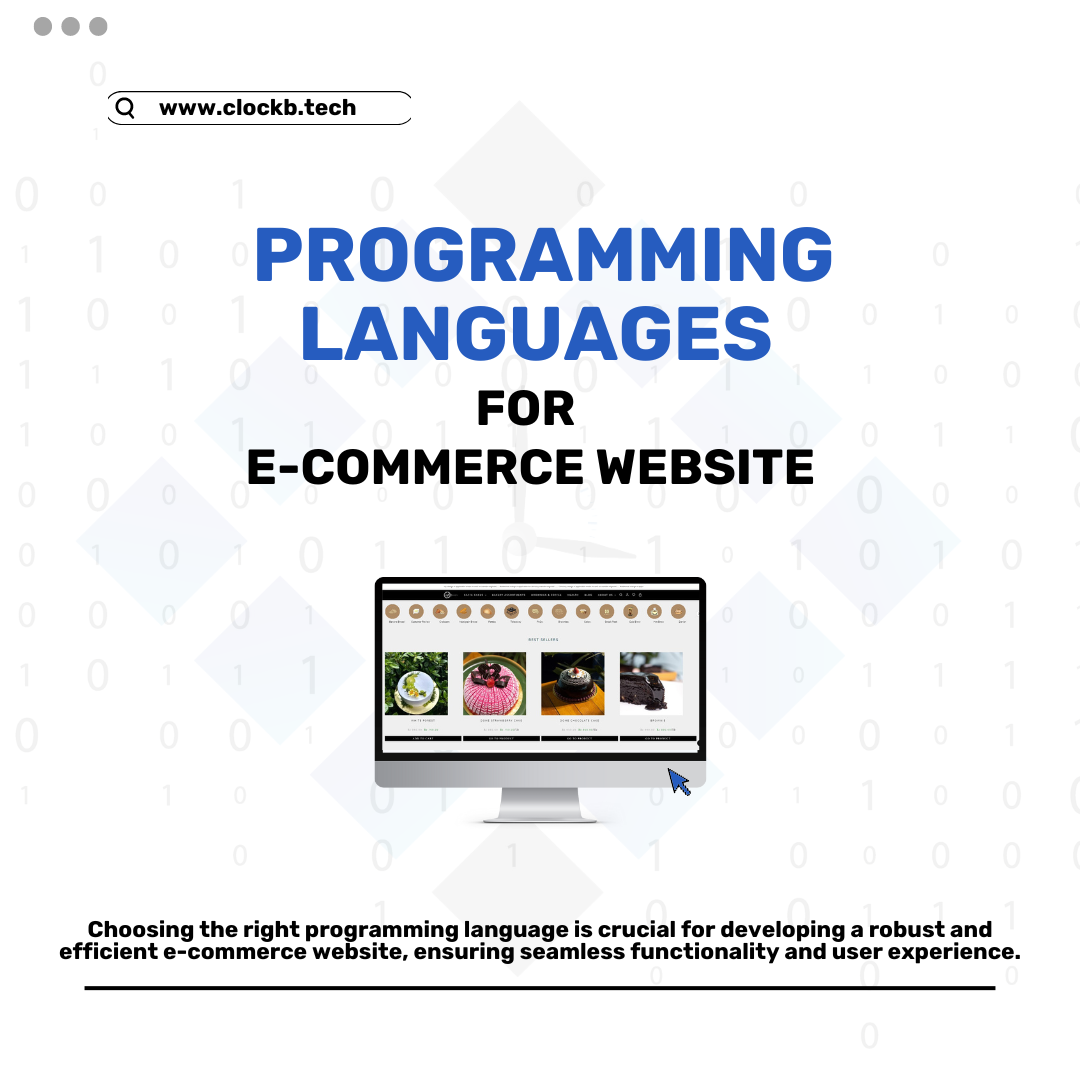Building a robust and functional E-Commerce website involves selecting the right programming languages to ensure efficient development, scalability, and security. Here’s an overview of the programming languages commonly used in the development of E-Commerce Websites:
Java
Utilization: Java predominantly powers the server side, fostering the construction of robust and expansible backend systems. Widely embraced frameworks like Spring furnish a rich toolkit for crafting enterprise-grade applications.
JavaScript
Utilization: JavaScript stands as a cornerstone for front-end development, infusing interactivity and dynamic functionalities into user interfaces. It synergizes seamlessly with HTML and CSS, facilitating the creation of responsive web pages. Moreover, with Node.js, JavaScript extends its prowess to server-side scripting.
Python
Utilization: Python, celebrated for its versatility, finds its niche in backend development through frameworks like Django and Flask. Certainly, Django emerges as a preferred choice for e-commerce website development, owing to its elegant design and rapid development capabilities.
C#
Utilization: C# finds resonance with ASP.NET, a framework tailored for crafting scalable and fortified web applications within the Microsoft ecosystem. It’s a prevalent option for shaping e-commerce websites necessitating integration with Microsoft technologies.
PHP
Utilization: PHP, a stalwart in server-side scripting, is ubiquitous in web development landscapes. Often coupled with frameworks such as Laravel or Symfony, PHP powers the development of dynamic and feature-rich e-commerce platforms.
Kotlin
Utilization: Kotlin, a contemporary programming language, transcends boundaries, catering to both Android app development and server-side requisites. In the realm of e-commerce, Kotlin might spearhead Android app development or underpin certain server-side components.
Ruby
Utilization: Ruby, complemented by the Ruby on Rails framework, enjoys popularity in crafting web applications. Renowned for prioritizing convention over configuration, Ruby on Rails facilitates swift development of e-commerce sites, championing simplicity and productivity.
Django (Python)
Utilization: Django, a sophisticated Python web framework, adheres to the Model-View-Controller (MVC) architectural paradigm. It streamlines the development of intricate, database-driven websites and emerges as an ideal choice for crafting scalable and feature-rich e-commerce platforms.
Conclusion
When embarking on the creation of an E-Commerce Website, the selection of programming languages hinges on diverse factors, including project requisites, developer proficiency, scalability imperatives, and desired feature sets. Many contemporary E-Commerce platforms and systems mix these languages to create complete and strong solutions.


